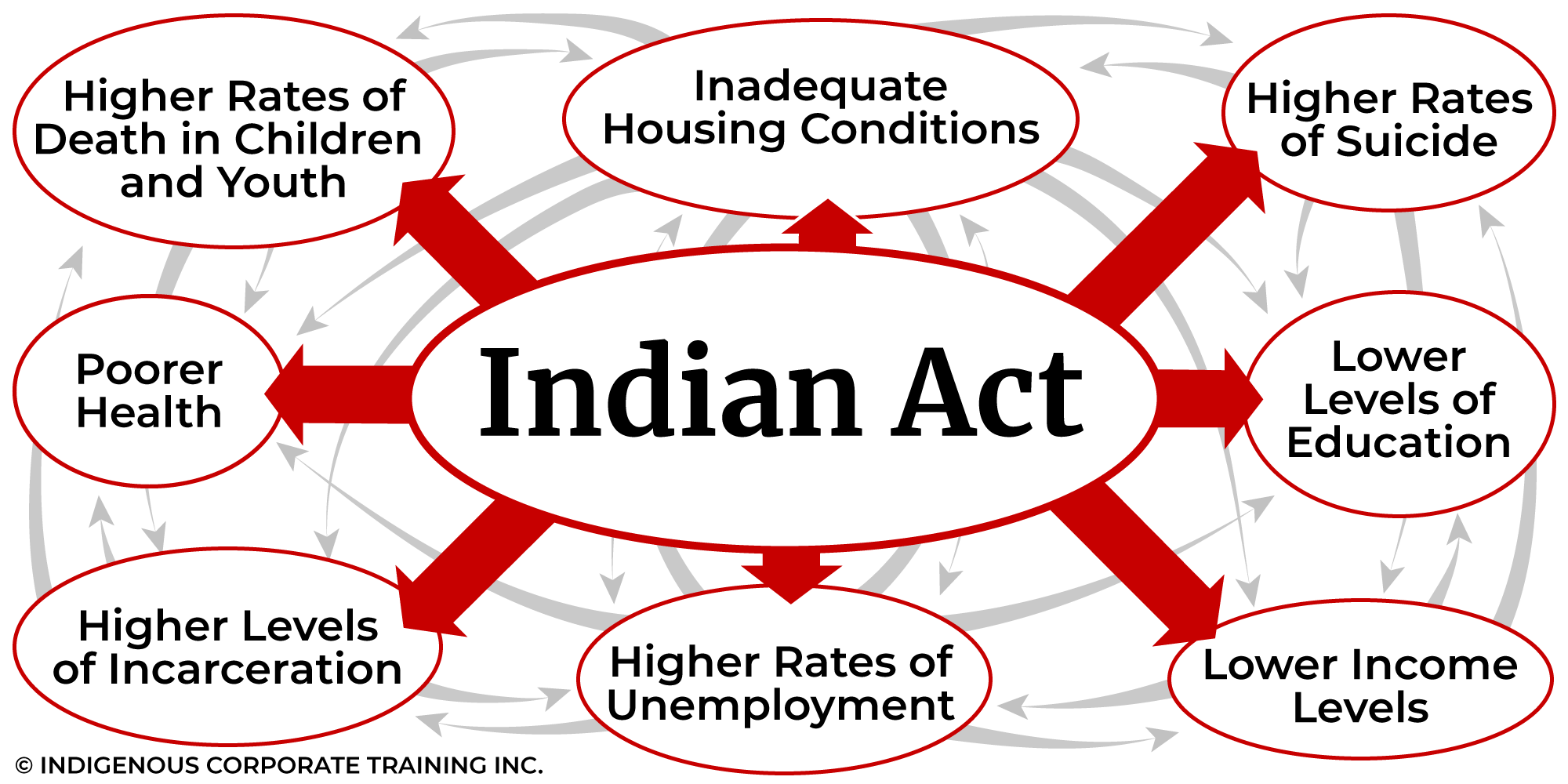1 min read
8 Key Issues for Indigenous Peoples in Canada
Eight of the key issues of most significant concern for Indigenous Peoples in Canada are complex and inexorably intertwined - so much so that...
3 min read
Bob Joseph January 22, 2018

In nearly every country with an Indigenous population, and that includes some of the wealthiest countries in the world, there are disparities between the health of the Indigenous population and that of the non-Indigenous population. In 2017, Canada was ranked as the 24th wealthiest country in the world, according to Global Finance Magazine. Yet, the overall health of Indigenous Peoples in Canada is well below that of the non-Indigenous population.
The Truth and Reconciliation Commission of Canada Summary Report includes 94 calls to action. Of those calls to action, seven are dedicated to health. Here’s #18
- We call upon the federal, provincial, territorial, and Aboriginal governments to acknowledge that the current state of Aboriginal health in Canada is a direct result of previous Canadian government policies, including residential schools, and to recognize and implement the health-care rights of Aboriginal people as identified in international law, constitutional law, and under the Treaties.
According to Health Canada, “the life expectancy of the First Nations population increased between 1980 and 2010; however, it was about eight years shorter than the life expectancy of other Canadians in 2010. Furthermore, the health status of the First Nations population remained considerably poorer than that of the rest of the Canadian population. For example, First Nations communities face higher rates of chronic and infectious disease, and mental health and substance abuse issues. Poor social determinants in these communities - such as overcrowded housing, high unemployment, and unsafe drinking water - contribute to poorer health outcomes.” [1]
Ever since the Indian Act was assented to in 1876, the health of Indigenous Peoples in Canada has been tragically impacted.
The World Health Organization recognizes the ongoing impact of colonial policies:
In April 2007, an international delegation of Indigenous representatives met as part of ongoing consultations linked to the World Health Organization’s Commission on Social Determinants of Health. The proceedings from this meeting included the statement: “Everyone agrees that there is one critical social determinant of health, the effect of colonization” (Mowbray, 2007). In Canada, Indigenous conceptualizations of the social determinants of health have emphasized the fundamental role of colonization, racism, social exclusion and a lack of self-determination in the alarming disparities in Indigenous and non-Indigenous peoples’ health. [4]
Health issues experienced by Indigenous Peoples should never be viewed in isolation from the ramifications of those colonial policies which include assimilation, cultural genocide as branded by the TRC, relocation, disenfranchisement, and segregated care. Additionally, health issues experienced by Indigenous Peoples should never be viewed in isolation from the impact of the social determinants on health.
In October 2017 the mandate letter to the Minister of the newly formed Indigenous Services Canada, whose jurisdiction includes Indigenous health, included the following:
Lead work to create systemic change in how the federal government delivers health services to Indigenous Peoples in collaboration with the Minister of Health and the Minister of Crown-Indigenous Relations and Northern Affairs. Specifically, I would ask that you take an approach to service delivery that is patient-centred, focused on community wellness, links effectively to provincial and territorial health care systems, and that considers the connection between health care and the social determinants of health. You should also work with the Minister of Crown‑Indigenous Relations and Northern Affairs to develop governance models that bring control and jurisdiction back to Indigenous communities.
The disparity between the health of Indigenous Peoples in Canada and non-Indigenous Canadians will change when the roots of the social determinants are addressed. It’s not going to be a quick or easy fix and will require commitment and collaboration between the federal government, those responsible for the delivery of health services, community peoples, recognition of the role of culture in Indigenous health, and a blend of Western and Indigenous healing practices. If done right, Canada could become a role model for other nations.
[1] Health Status of Canadians 2016 A REPORT OF THE CHIEF PUBLIC HEALTH OFFICER
[2] Allan B, Smylie J. First Peoples, Second class treatment: The role of racism in the health and well-being of Indigenous peoples in Canada. Toronto: The Wellesley Institute; 2015.
[3] Social determinants of health, World Health Organization
Featured photo: Unsplash

1 min read
Eight of the key issues of most significant concern for Indigenous Peoples in Canada are complex and inexorably intertwined - so much so that...

We are in uncharted waters these days as countries around the world scramble to respond to the COVID-19 pandemic. While we are all at risk and all...

Indigenous Canadians earn about 70 cents for every dollar made by non-Indigenous Canadians, according to Canada's income data. This is a very...